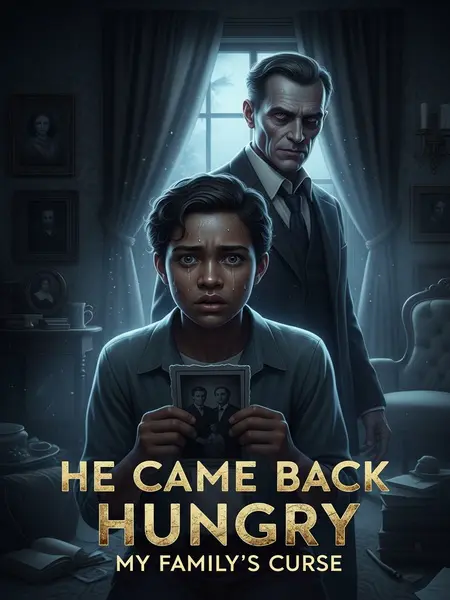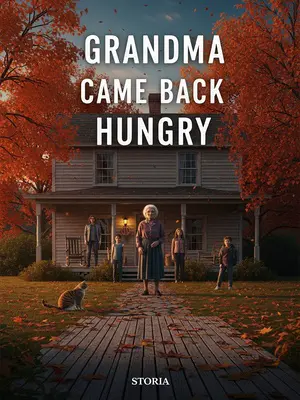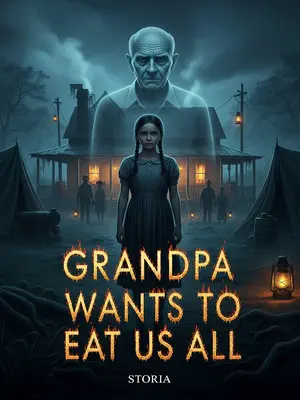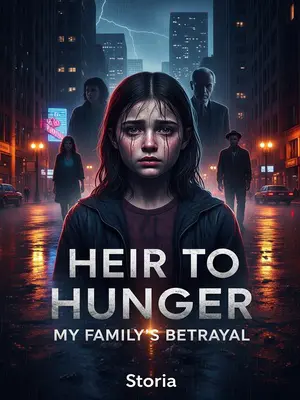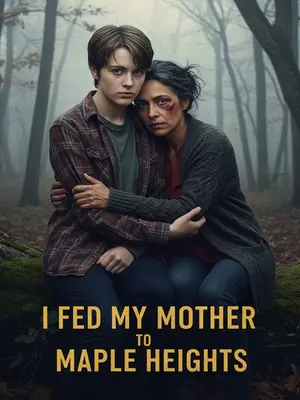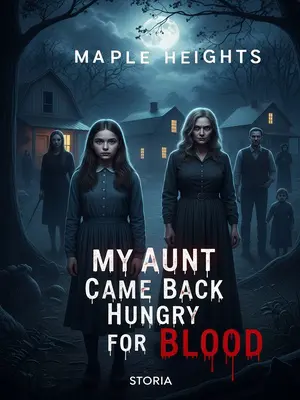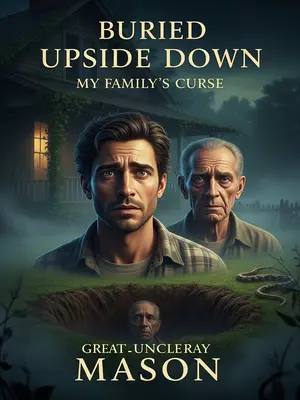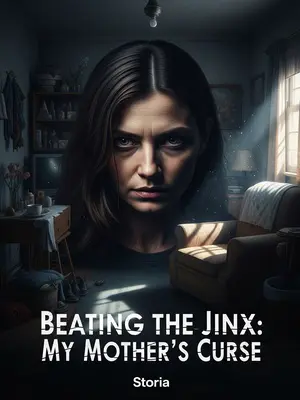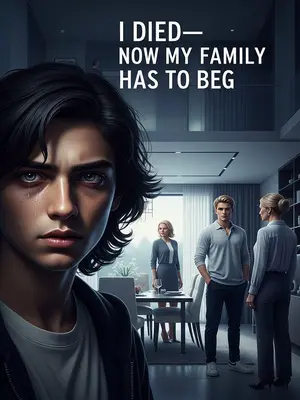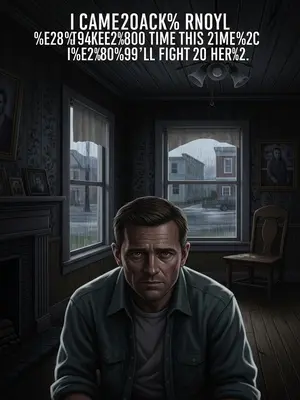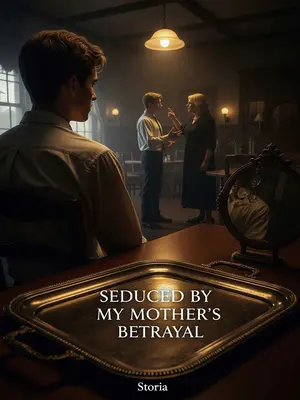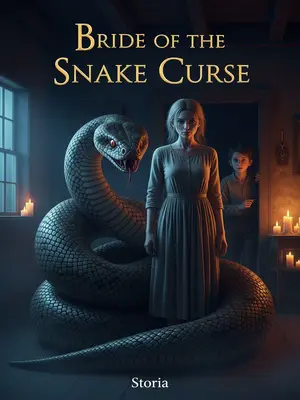Chapter 4: Bargains, Betrayals, and Blood
Because of this, Uncle Lester’s family and Uncle Earl’s family had a falling out and moved to the city, never speaking again.
Suitcases were packed in the dead of night. The house felt emptier, the silence heavier. I watched from the window as the cars disappeared down the gravel road. I wondered if I’d ever see them again.
One night, unable to sleep, I went out to the yard and saw Uncle Earl sneaking into great-grandpa’s room. Curious, I followed.
The grass was cool beneath my feet. I crept along the shadows, careful not to make a sound. Uncle Earl’s silhouette slipped through the door, and I pressed my ear to the wall.
I heard his voice, low and cautious:
He spoke in a whisper, voice trembling. “I know what you are,” he said. “But I can help you—if you help me.”
“Dad, drop the act. I know you’re not human.”
The words hung in the air, daring and dangerous. My heart raced as I strained to hear more.
“I can help you, but you have to give me something in return, right?”
He sounded desperate, bargaining with the darkness. I shivered, suddenly cold.
Great-grandpa’s shadow on the window was even bigger than before. I had no idea where Uncle Earl got the nerve to bargain with it.
The shape on the curtain shifted, looming larger. I pressed my back against the wall, fighting the urge to run. What if he saw me?
Not long after, the town’s livestock started disappearing. The neighbors were furious and came to our house to complain.
They knocked on the door at dawn, voices raised in anger. “Our cows are gone, our chickens too!” they shouted. Grandpa tried to calm them, but the fear in their eyes was plain. I watched from the stairs, heart thumping.
That’s when I remembered—Grandpa was still the town councilman.
He wore his lapel pin on his shirt, proud of his position. But now, he avoided town meetings, locking himself in his room for hours.
But he didn’t care, too busy fighting with Uncle Earl to win great-grandpa’s favor.
The house became a battleground, the brothers scheming and plotting behind closed doors. Nobody trusted anyone—not even themselves. I felt like the walls themselves were listening, waiting for someone to snap.
Watching him get crazier by the day, Grandma came to me and asked straight out:
She took my hand, her grip trembling. “Joey, you’re the only one left who can do it,” she whispered, eyes shining with tears. My throat tightened. Was I really the only one who saw what was happening?
“Joey, can you kill your great-grandpa?”
The words hit me like a slap. I stared at her, heart pounding, wondering if I was the only sane one left in the house.
Either I ended this, or it ended us.
